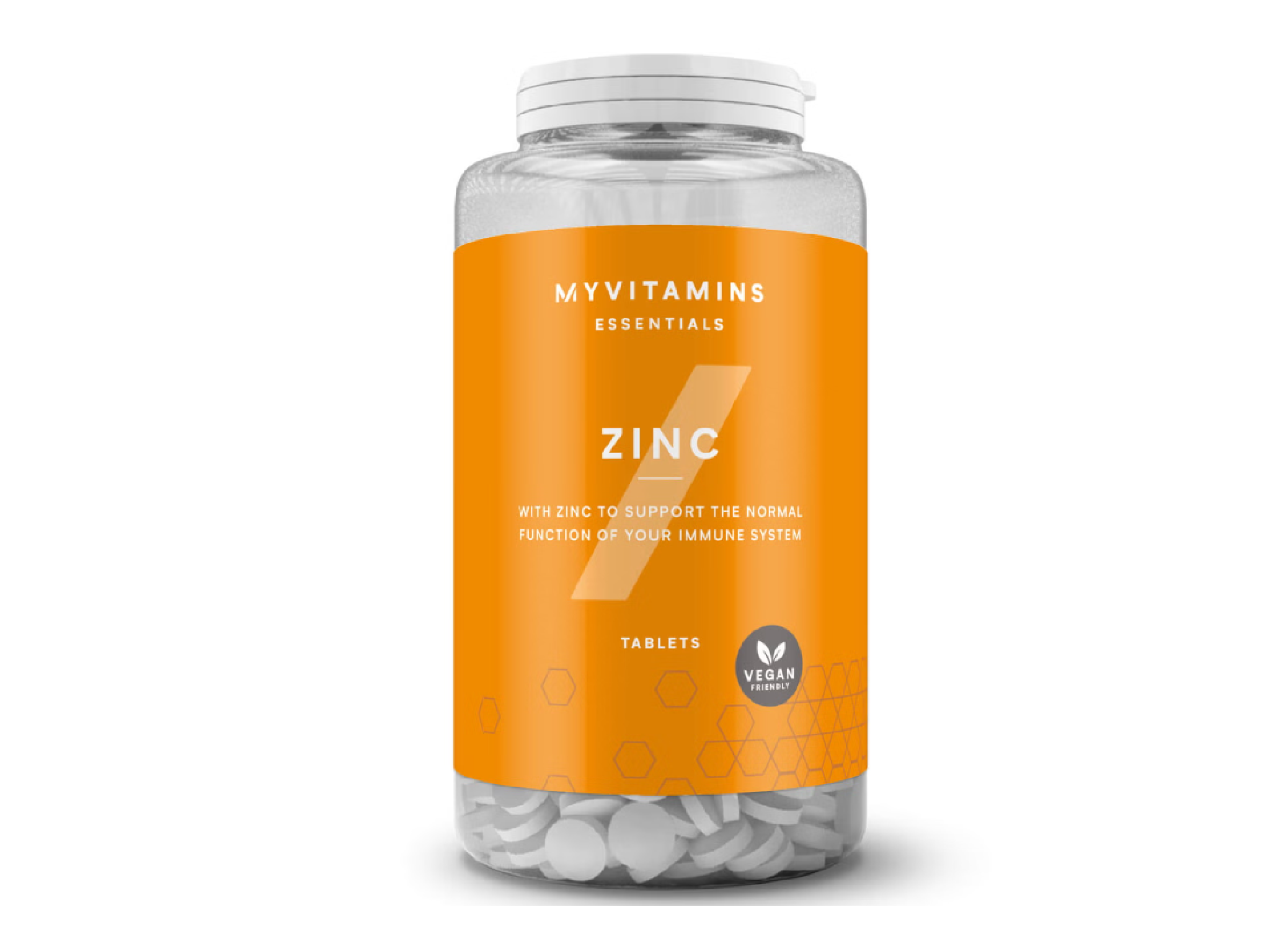What are the benefits of Zinc supplements and should I be taking them?
Zinc is found in cells throughout the body. But is it worth taking an extra zinc supplement?
Found in nuts, seeds, red meat, dairy products and seafood, zinc is a mineral that’s involved in numerous bodily functions.
From immune health, cell growth and repair and enzyme function to cognitive health and fertility, zinc plays a pivotal role in multiple physiological processes. Inadequate zinc levels can lead to a range of health issues, from weakened immunity to impaired mental health and memory function.
Although it is possible to get zinc from a varied diet, many people take zinc supplements to ensure that they have an adequate amount to make sure their immune system is healthy, especially in cold and flu season. For vegetarians, who can’t get zinc from red meat and seafood, and for pregnant women, who have an increased need for zinc as their baby develops, a supplement takes the guesswork out of whether or not a person has consumed an adequate amount of the mineral on a certain day.
If you’re consistent at consuming the recommended amount, it will keep the body running at its best. So is it worth taking a zinc supplement daily?
What are the benefits of zinc supplements?
The daily recommended amount of zinc for adults is 15mg and this is hard to consume from food every single day. A 3oz serving of beef sirloin provides around 3mg and 3oz of turkey breast provides 1.5mg. So you’d need to eat several different zinc sources a day, plus vegetables. However, considering half a cup of lentils provides 1.3mg and 6oz of Greek yoghurt provides 1mg, there are a range of different foods that contain zinc that you could add to your diet.
With that said, getting 15mg of zinc from one capsule, will make daily food planning a lot easier, especially if you’re concerned you might be having a low-zinc day or week and want to top up your intake.
One of the primary benefits of zinc is its role in enhancing immune function. Studies have found that zinc deficiency is linked to increased susceptibility to infections, and that supplementation can help to reduce the duration and severity of common colds. Another study highlighted that zinc supplementation can improve immune responses and decrease the incidence of respiratory infections, particularly in the elderly.
Read more: Ultimate guide to evening primrose supplements: Uses, benefits and all you need to know
Zinc is also critical for proper wound healing. Dermatology research has revealed that zinc plays a key role in maintaining skin integrity and promoting repair processes. Zinc deficiency can lead to delayed wound healing, whereas supplementation can accelerate recovery and improve outcomes in individuals with zinc deficiency.
Moreover, zinc supports cognitive function and may influence mood. A study published in Frontiers indicated that zinc plays a role in neurotransmitter function and brain health, with deficiencies linked to mood disorders and cognitive decline. Supplementation has been shown to have potential benefits in improving mood and cognitive performance, especially in individuals with low baseline zinc levels.
Additionally, zinc supports reproductive health, with other studies finding that zinc supplementation could improve sperm quality and testosterone levels. During pregnancy, it’s vital to maintain healthy levels of zinc as zinc deficiency can affect the placenta, fetal limb growth and neural tube development.
The zinc supplements to try
Myprotein zinc tablets, 90 capsules: £7.99, Myprotein.com

With 15mg of zinc per capsule, which is 100 per cent of the recommended daily intake, these zinc supplements are an easy and cost-effective way to ensure your body has all the zinc it needs to function. You only need to swallow one capsule a day, which works out at 9p per serving – an affordable fix.
The capsules are designed for easy absorption, to ensure the mineral survives in the gut to be distributed to where it’s needed in the body. Over time, you might notice that taking this zinc supplement helps support your general well-being, immune system, metabolism and cognitive function. Additionally, zinc helps maintain your hair, skin and nails, and contributes to normal protein synthesis, bone maintenance and fertility so it could well be worth adding this supplement to your daily wellbeing routine.
Looking for more supplement advice? Read our review of the best supplemens to take, according to experts
Join our commenting forum
Join thought-provoking conversations, follow other Independent readers and see their replies
Comments
Bookmark popover
Removed from bookmarks